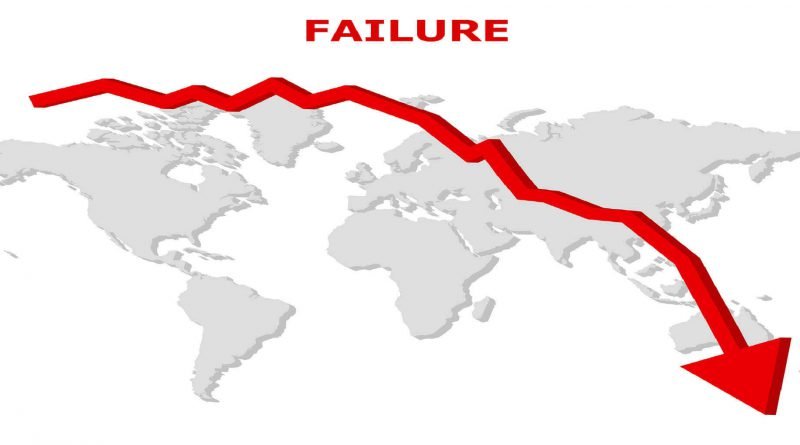Write about commercial failures and their causes
Introduction
In the dynamic world of entrepreneurship and commerce, success stories are often celebrated, while business failures tend to be swept under the rug. However, the truth is that failure is an integral part of the entrepreneurial journey. Every failure holds valuable lessons that, when acknowledged and learned from, can pave the way for future successes. In this article, we will delve into the realm of business failures and dissect the underlying reasons behind their occurrence.
- One of the most common reasons for business failures is the lack of thorough market research and understanding. Entrepreneurs may rush into a venture with an exciting idea, but without a comprehensive understanding of their target audience, competitors, and market trends, they risk creating a product or service that fails to meet the needs or desires of their potential customers. Without this crucial groundwork, businesses can easily find themselves in a position where there is no demand for what they offer.
Financial mismanagement is another significant contributor to business failures. Entrepreneurs who fail to establish a solid financial plan, monitor their cash flow, and control their expenses may find themselves facing insurmountable debts or running out of funds. Poor financial decisions can cripple a business’s ability to sustain its operations, invest in growth, or weather unexpected challenges.
Successful businesses prioritize their customers and value their feedback. Ignoring customer opinions, complaints, and suggestions can lead to a loss of credibility and market relevance. Failing to adapt and improve based on customer insights may result in an exodus of loyal patrons to competitors who listen and respond to their needs.
A well-defined and viable business model is essential for sustained success. Entrepreneurs who fail to create a clear and scalable plan for revenue generation, value proposition, and cost structure may find themselves in a constant state of flux. A flawed business model can hinder growth, deter potential investors, and ultimately lead to failure.
The role of leadership in business success cannot be overstated. Poor leadership, lack of communication, and dysfunctional team dynamics can sabotage even the most promising ventures. A team that lacks motivation, cohesion, or the necessary skills can struggle to execute tasks effectively, resulting in missed opportunities and subpar outcomes.
Industries are constantly evolving, driven by technological advancements, shifting consumer preferences, and market trends. Businesses that fail to adapt to these changes risk becoming obsolete. Kodak’s downfall, for example, can be attributed to its reluctance to embrace digital photography. Stagnation and resistance to innovation can lead to business failures over time.
While growth is often the goal of any business, rapid expansion without a solid foundation can be a recipe for disaster. Scaling too quickly without the necessary resources, infrastructure, or proper planning can lead to operational inefficiencies, strained finances, and a loss of quality control. Overexpansion can cause a business to collapse under its own weight.
Conclusion
While business failures may carry a stigma, they hold an abundance of valuable lessons for aspiring entrepreneurs and established business owners alike. Each failure offers an opportunity to learn, adapt, and refine strategies for future endeavors. By addressing common pitfalls such as inadequate market research, financial mismanagement, ignoring customer feedback, flawed business models, leadership issues, resistance to change, and overexpansion, entrepreneurs can increase their chances of building resilient, successful ventures that stand the test of time. Remember, failure is not the end; it is a stepping stone on the path to success.




